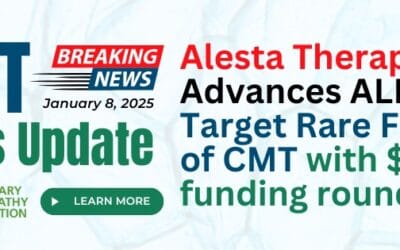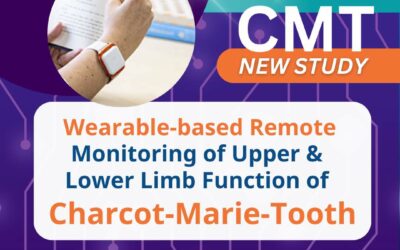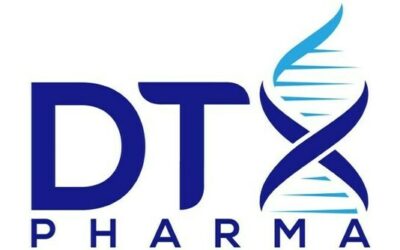CAMBRIDGE, Mass.–(BUSINESS WIRE)– Acceleron Pharma Inc. (NASDAQ:XLRN), a biopharmaceutical company dedicated to the discovery, development, and commercialization of TGF-beta superfamily therapeutics to treat serious and rare diseases, today announced that treatment with ACE-083 in patients with Charcot-Marie-Tooth disease (CMT) did not demonstrate functional improvement in the Phase 2 trial. ACE-083 demonstrated a statistically significant increase in mean total muscle volume, the trial’s primary endpoint. However, the increase did not translate to statistically significant improvements in any of the functional or quality of life secondary endpoints when compared to placebo. As a result, Acceleron is discontinuing development of ACE-083.
“Unfortunately, over the course of multiple clinical trials, our myostatin-plus hypothesis has not resulted in the functional outcomes necessary to provide clinically meaningful benefits for patients with neuromuscular diseases,” said Habib Dable, President and Chief Executive Officer of Acceleron. “We wish to thank all of the patients, families, caregivers, and investigators for their support and participation in this research. I also want to acknowledge our team’s hard work and commitment to executing robust Phase 2 trials that have provided us the data necessary to make the difficult but informed investment decision to discontinue the program.” Dable added: “We will now focus our resources on two main disease areas of hematology with REBLOZYL in anemia and pulmonary with sotatercept in PAH, along with our ongoing preclinical efforts in TGF-beta protein superfamily-based discovery and research.”
In this Phase 2 trial in patients with CMT, ACE-083 was generally well tolerated. Adverse events were mostly mild to moderate (Grade 1 or 2) and largely injection-site related. Acceleron plans to present results of the study at the American Academy of Neurology Annual Meeting in April.
CMT Phase 2 Trial Design:
The two-part Phase 2 clinical trial was designed to evaluate ACE-083 in CMT patients with muscle weakness in the tibialis anterior (TA), a muscle in the lower leg involved in ankle dorsiflexion (raising the foot at the ankle). Part 1 was an open-label, dose-escalation study, with ACE-083 administered by injection into the TA muscle once every 3 weeks in 18 patients to evaluate safety and increases in muscle volume over a 3-month treatment period. Part 2 was a randomized, double-blind, placebo-controlled study using the optimal dose level selected in Part 1. A total of 44 patients were randomized and treated with either placebo or ACE-083 in Part 2 and were evaluated for changes in muscle volume, fat fraction, strength, function, quality of life, and safety over a 6-month primary treatment period, followed by a 6-month open-label treatment period. For additional information about this clinical trial, please visit www.clinicaltrials.gov.














0 Comments